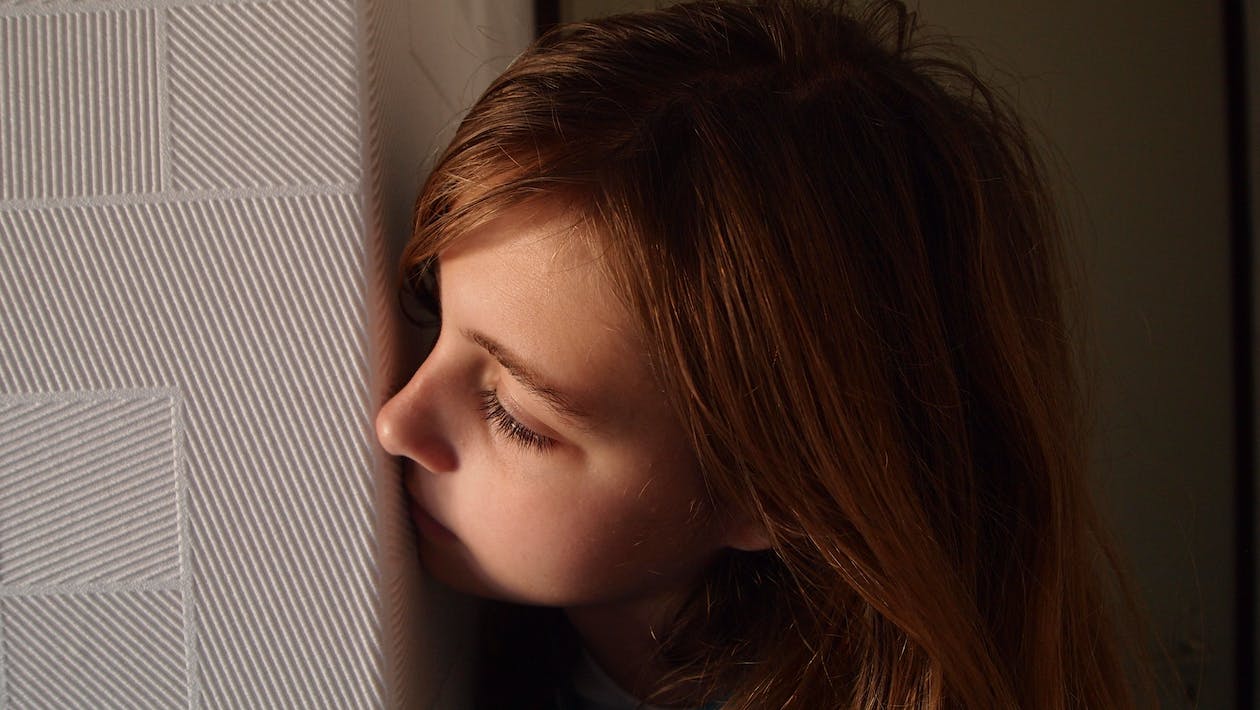
108 million people affected, what can we do?
According to statistics published by the World Health Organisation (WHO) someone dies by suicide every 40 seconds. They estimate that suicide accounts for 800,000 deaths each year, after each death, about 135 people experience intense grief or are profoundly impacted in some other way. That means, every year 108 million people are affected by suicide (that’s double the urban population of the UK).
World Mental Health Day (WMHD) this year is focusing on suicide prevention. Mental illness does not discriminate on race, class, gender or age – suicidal thoughts are a symptom of mental illness, just like chest pain is a symptom of heart disease. Suicidal thoughts, can lead to suicidal behaviour which can result in death by suicide.
If your mate doubled over in pain, clutching their chest, struggling to breath, and they appeared clammy, you’d call for an ambulance who would (aim to) arrive within 8 minutes. What if your mate, struggled to give you eye contact, is withdrawn and said things like “no one would miss me if I disappeared” or “I’m not sure I’m needed around here” – would you know what to say or do?
There’s also a large proportion of the suicidal population who do an incredible job of hiding their symptoms, through confusion, fear of stigma or shame. How do we help them?

When I was severely ill with anorexia and depression, the illness told me my family would be better off without me; the emotional pain I felt was so severe that I couldn’t see any option other than suicide. Despite being in psychiatric care, signs were missed on multiple occasions, maybe I was hiding them, maybe there was an element of negligence or under resourcing. Having lost a friend to suicide, I’m one of the 135 affected by her death. If I had died by suicide, my number would be added to the statistic.
The International Associate for Suicide Prevention says “No single organisation, intervention, discipline or person can solve the complex issue of suicide.” 38 countries report to have a suicide prevention strategy and various organisation are doing their bit to raise awareness or put mechanisms in place to try and prevent suicides. In particular, work is needed in countries where suicide remains a criminal offence, where people don’t seek help through fear of stigma and discrimination and accurate statistics are impossible to gather.
But we can do our bit too, here are a few simple things to get started:
- When you ask your friends or colleagues how they are, mean it, don’t accept “fine” as the answer. If someone asks you how you are, cultivate a culture of honesty and give them a sincere, genuine answer. If necessary, be prepared to give someone 5-10 minutes of your time. Even if you’re in a rush, if someone needs to off load, this short time could make all the difference to them. If you’re not sure what to say, have a look at the Time to Change campaign for tips.
- Send someone a text or email, just letting them know you’re thinking about them – mental ill health can be isolating, letting someone know that you care can mean they feel less alone.
- If you realise someone is struggling, offer support, advise them to see their GP, as you would if they found a suspicious lump or had an unusual pain. Some people find it difficult to talk about mental health symptoms so offer to go with them to their GP if that would help. This guide from Mind offers suggestions about what to say.
- Look into Mental Health First Aid – could this be something you could introduce to your workplace? Or could you do it as an individual, so you know what to do in a crisis?
- Not just on WMHD but anytime, share posts on social media about suicide prevention (and mental health in general) to raise awareness. If the mental health world just talks to itself we’ll never get anywhere, everyone needs to do their bit to reach a wider audience. Decreasing stigma and discrimination will make for a healthier society.
If it’s taken you 2-3 minutes to read this article, another 3-4 people have died by suicide – these could have been prevented.
If each person who read this did just 1 of the suggestions above, we could make a difference to hundreds of people’s lives.




